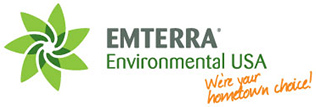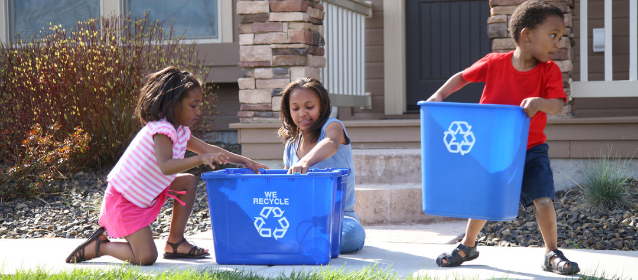Cartons
Acceptable cartons: Cartons that hold liquid materials such as milk, soup, juice, wine, broth and paper cups.
Not acceptable: Frozen food cartons
How to recycle: Ensure carton is clean and empty, and then toss it without flattening it. If you have a straw, push it back into the carton before recycling.
Transformation: Cartons are baled together and sent to a paper mill to be transformed into new paper products such as toilet paper, tissue paper and building materials.
Fun fact: A ton of paper made from recycled fibers instead of virgin fibers conserves 7,000 gallons of water, 17-31 trees, 4,000 kWh of electricity, and 60 pounds of air pollutants.






